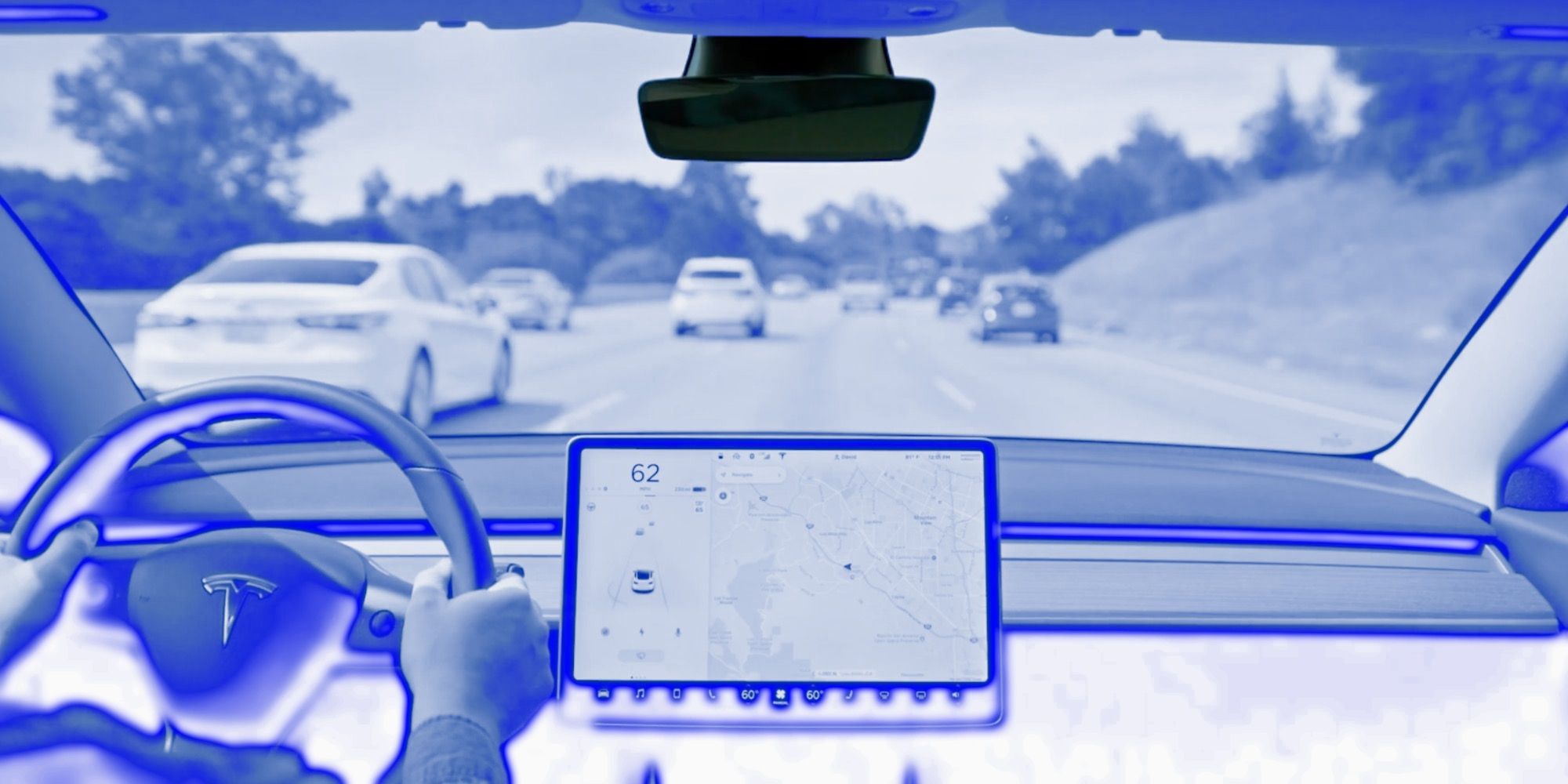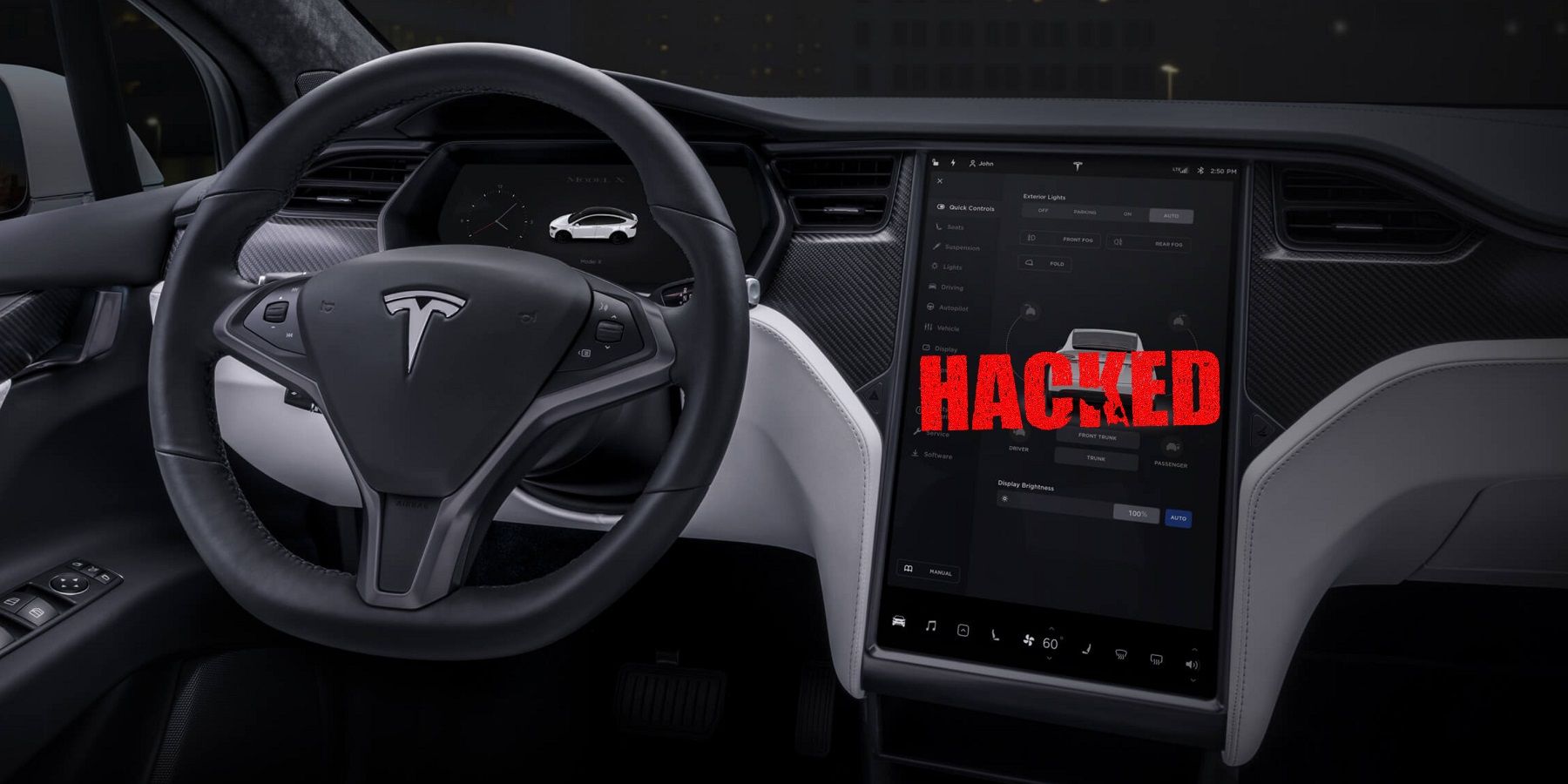A recent report has raised questions about the validity of Tesla's in-car cameras, and whether or not they should be seen as a major privacy concern for owners. Tesla prides itself on being one of the industry's most technologically advanced vehicle manufacturers, but that amount of tech inevitably comes with its fair share of push back. The company's lineup of electric vehicles feature driver monitoring systems that are traditionally intended to encourage drivers to focus on the road.
Tesla has driver-facing cameras in vehicles like the Model 3 and Model Y, which are meant to help facilitate Autopilot (Tesla's computer-assisted driving technology). The company has already ran into issues in the past, including when a Tesla hacker was able to disclose some of the information that Tesla collects with these interior cameras. Now, the privacy of Tesla's self-titled cabin cameras have been further called into question.
A new report from Consumer Reports claims Tesla's use of footage recorded from in-car cameras is a real privacy concern and something that "potentially undermines the safety benefits of driver monitoring," due to Tesla allegedly not actively warning drivers if they aren't paying attention. The article points to the fact that - unlike automakers such as BMW, Ford, GM, and Subaru - Tesla's driver-facing camera is able to record and transmit video footage of vehicle occupants. While Consumer Reports acknowledges Tesla's justification that recordings of moments before a crash will help the company "develop future safety features and software enhancements," it also suggests that Tesla seems to be using the cameras for its own benefit.
Do Tesla's In-Car Cameras Offer More Negatives Than Positives?
On the one hand, Tesla has maintained that some of the recorded footage during driving sessions is used for research focused on making improvements to its self-driving technology in the future. On the other hand, Consumer Reports makes the point that there isn't anything stopping Tesla from using video that it records for other purposes. Recent reports have already found that vehicle onboard computer systems can be goldmines of data, considering they can collect everything from speed and when seat belts are fastened to the calls, contacts, and messages that are routinely stored in infotainment systems. The method in which Tesla is using its in-car cameras brings an entirely new round of potential privacy infringement into the fold. The company hasn't said that it could use recorded video to determine who exactly was at fault in a collision or accident, but there don't seem to be rules in place to prevent that from happening, either.
Ultimately, like most parts of today's tech-forward society, how much of a concern these in-car cameras are will come down to the individual. Most apps and websites are actively collecting data and information about users in exchange for access to their services. Some drivers may be completely fine with trading away their in-cabin privacy in order to move towards the self-driving cars of the future, while others may opt to stay away from Tesla due to concerns over privacy and date collection. Regardless of an individual's position on this, Tesla's stance on in-car recording places an important focus on what the balance of vehicle technology and personal privacy may look like in the future.
Source: Consumer Reports


